When Excuse Becomes Accuse
Women Saying #MeToo to Show How Common Sexual Assault Is
After Oct. 15 when Alyssa Milano’s initial tweet was sent out, many sent out the short hashtag, #MeToo. Purely for showing the magnitude of sexual assault, the trend does not demand for victims’ stories. Junior Kali Sime thinks the simplicity of the movement can help the cause. “#MeToo encourages those who have been affected to not be ashamed to speak up or tell someone about it,” Sime said.
November 1, 2017
Over the past couple of weeks, over 50 women have come forward with sexual assault allegations against Hollywood producer, Harvey Weinstein. Following these reports, a new twitter hashtag was created, #MeToo.
According to Ronan Farrow, journalist for The New Yorker and actress Mia Farrow’s son, publications such as his have sat on the Weinstein case for quite a few years with “too little evidence to publish a story.” After a ten month investigation, Farrow exposed Weinstein of his misconduct that has traced back over 20 years. His story included accounts of several women, mostly actresses, who said they are victims of Weinstein.
#MeToo became popularized by actress Alyssa Milano’s efforts to “give a sense of the magnitude” of sexual harassment and assault. Tweeting no more than the hashtag gave the opportunity to thousands of women around the world to join others who have shared such experiences.
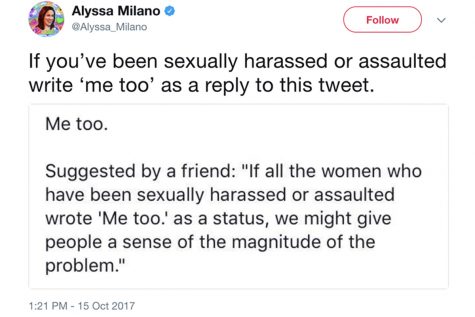
In this wave of recognition, including the hashtag, as well as Farrow’s article, several more famous women were inspired to publicize their traumatic experiences with Weinstein. Within the past few months, accusations have been multiplying, creating an “awakening against sexual assault”, as an article on The Weekly Standard’s magazine refers to it as. The multitude of allegations include not only those against Weinstein (60 allegations, USA Today) but Roger Ailes (20 plus, Huffington Post), Bill O’Reilly (7 plus, The New York Times ) and Donald Trump (16, Huffington Post). Though these numbers are accurate to the date this article was posted, further allegations are quite possible. Also, these numbers are for the most part all from celebrities/people working in the industry. This being said, non-famous victims of assault by these men may not be included.
These men deny claims made against them and and the denials have varied. For Trump, he announces “fake news” to his audience, making it seem as though he is the victim. Weinstein ignored most of the allegations, however he did claim that he had a “different recollection of events” of the assault that African American actress, Lupita Nyong’O, had reported. It was these men’s wealth and power in their industry/campaign that made it less likely for people to accuse them, and especially unlikely for them to get any punishment at all, apart from paying it off.
The new hashtag gives an accessible platform for victims, along with a community that will empathize with their experiences. However, there are occasional comments on women’s stories claiming falsehood, standing as an example of the invalidating reaction many fear.
To senior Hannah Loera, #MetToo talks about the stigma behind speaking up about sexual assault or misogynistic comments because women will be labelled as too sensitive or dramatic. Loera says she believes this hashtag holds a lot of potential.
“This hashtag shows that those who have gone through sexual harassment and assault are not a minority,” Loera said. “I’m hoping this social media campaign sheds some light on the extent of this inappropriate behavior and allows everyone to reevaluate how we act towards one another.”
And it is not exclusively bringing attention to rape, Loera says, but instead, all inappropriate behavior. She says it enforces no tolerance towards any misconduct.
“Whether it’s taken to the extremes of assault or rape, or inappropriately touching someone, making a crass joke or catcalling,” Loera said. “It’s not a compliment, it is never funny.”
Loera says she blames patriarchy for allowing this permissible view on sexual misconduct.
“With our current leadership, people excuse erratic and aggressive behavior simply because it is ‘just the way he is’ or because ‘boys will be boys’,” Loera said. “Unacceptable. Boys will be held responsible for their actions just like everyone else.”
Further proving the ‘boys will be boys’ mindset, according to Farrow’s article on The New Yorker, Weinstein even replied that he is “used to” touching women without their consent. He also blames his age saying how he grew up in times when, according to him, sexual harassment was accepted.
The hashtag is actually a revamp of a “Me Too” movement created by a gender and race equality activist, Tarana Burke, over 10 years ago. Just as the hashtag has been around for some time, Sime talks about sexual assault being nothing new.
“It is obviously nothing new and the unity that survivors have formed from #MeToo will hopefully initiate change,” Sime said. “Especially from the people who turned the other shoulder before.”
Along with #MeToo, hashtags such as #NotMe have come to surface for men to make clear that them themselves have not raped or assaulted any women. They have received much backlash for tweeting this, many saying how they should be empathetic towards the victims, regardless of what they have or have not done.
Not long after this, the #idid was brought up, giving those who have committed wrongdoing a chance to apologize.
Though there are several variations of these hashtags, all of them share a commonality of being a step forward for women and victims. Before the twitter trend, many women had not had the courage to admit what had happened to them.
Considering the popularity that #MeToo has had recently, junior Kali Sime hopes the world will finally recognize the trauma that many have faced. She talks about the hashtag encouraging women to stop feeling ashamed but instead want to speak up alongside others with similar experiences.
“It is disturbing how little people care about sexual assault victims and I think anything that will commence positive change for women’s safety is crucial,” Sime said. “Many people are shamed into silence or feel too powerless to speak out, which I think is why this movement is so pivotal.”
On a more local level, Leander takes precautions in order to handle sexual assault/harassment cases. To help with investigation, LISD installed 180 surveillance cameras in their schools in 2015, according to KXAN. LISD ensures that any sexual assault/harassment reports will be followed up and tracked just as any bullying case would.
The Leander ISD policy on sexual abuse/harassment can be found in their handbook on page 48. It says that in the case harassment, all parents of involved students will be notified. In addition to this, if an act of sexual abuse or harassment by an employee occurs, the parents of all students enrolled will be informed.


![On March 20, the theatre program performed their UIL One Act play Frankenstein. “I could barely believe what I heard after [it was] announced that we were advancing,” freshman Zack Williams said. “It was crazy. Being one of the only freshmen in the show and also [being] a lead definitely put pressure on my shoulders. I knew that the only thing I could do was my best, but that was until I started to think what if my best was not enough? I was feeling like I could never amount to being what [everyone else] thought I was. Although, after hearing that announcement, I realized that maybe I have something going for me after all.”
Photo courtesy of Cayden Bartolo](https://cphswolfpack.com/wp-content/uploads/2024/04/Capture.png)
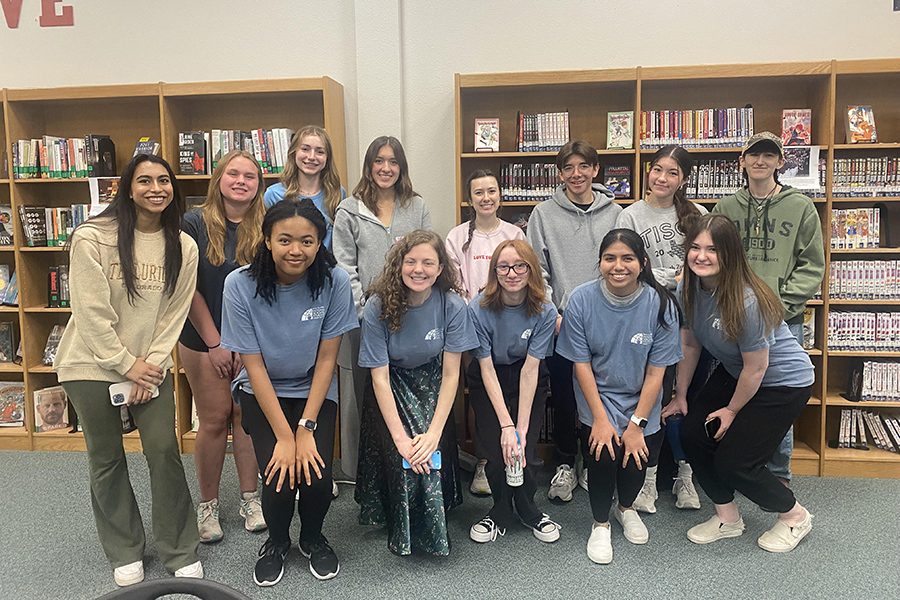
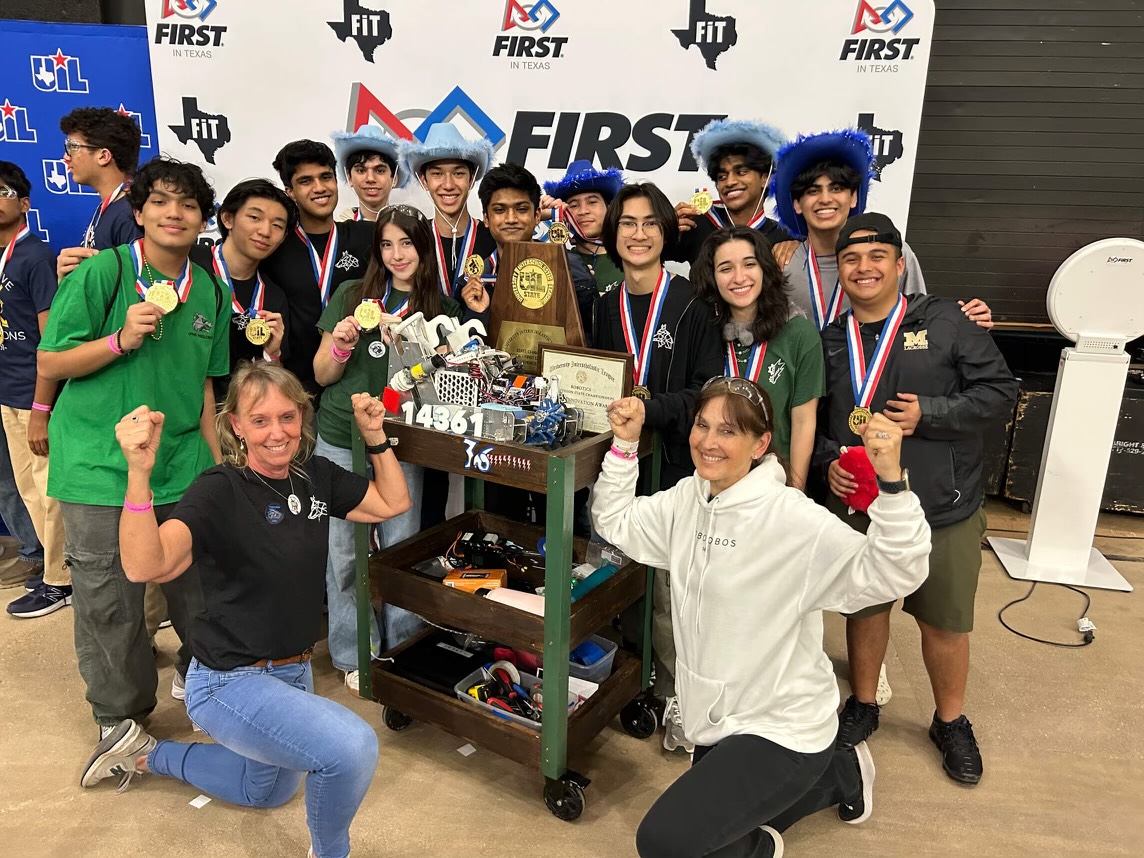
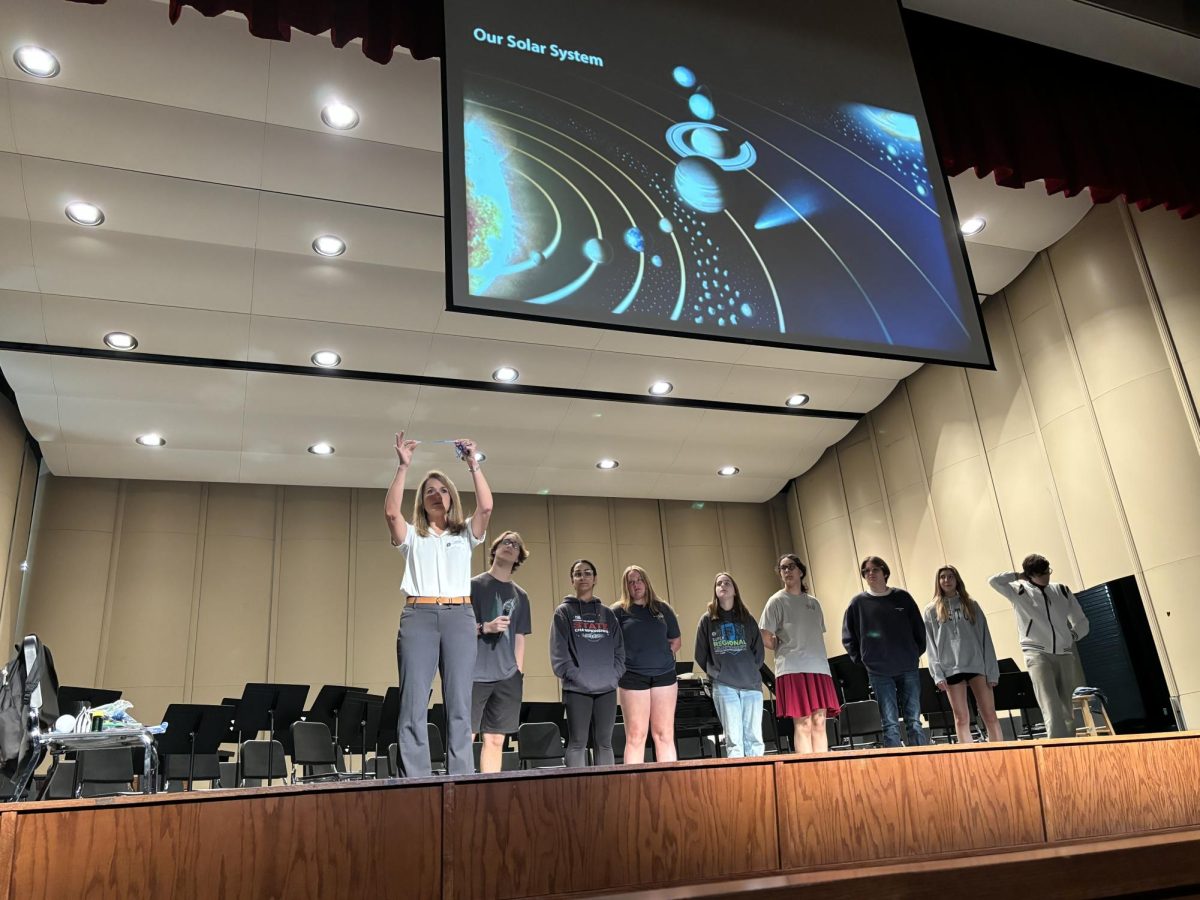
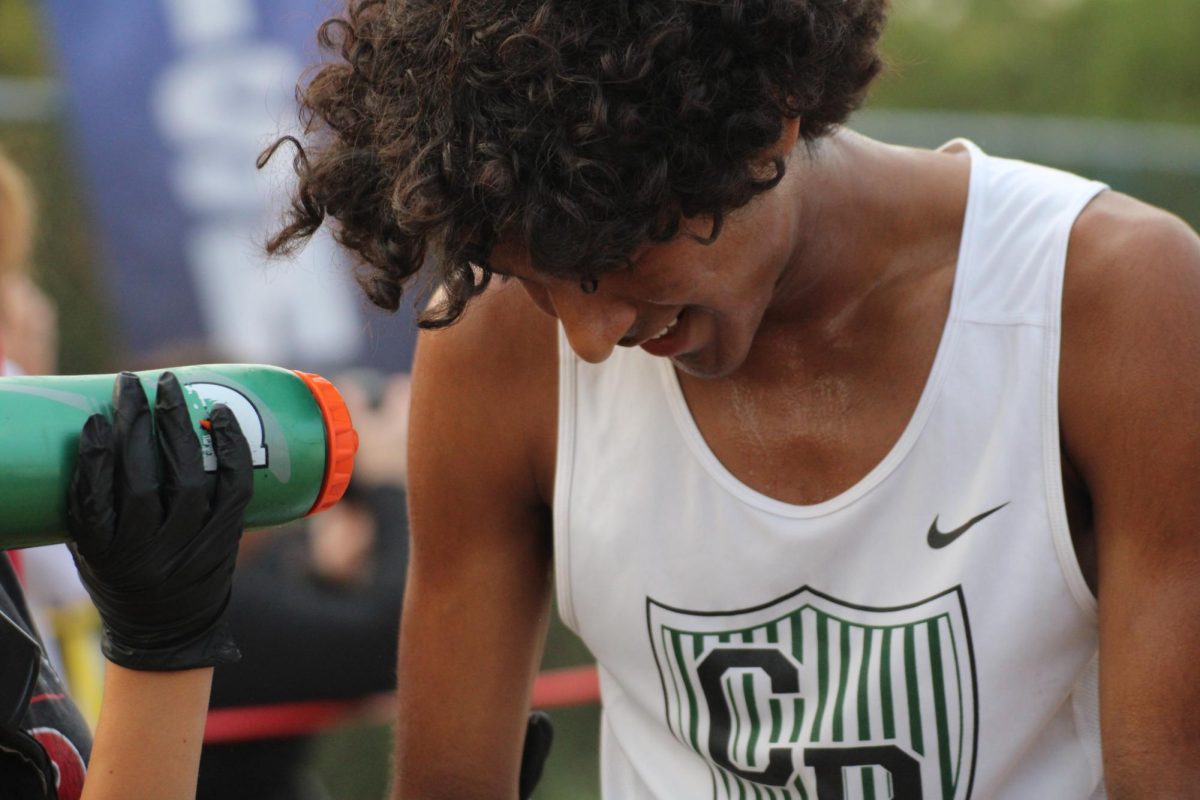


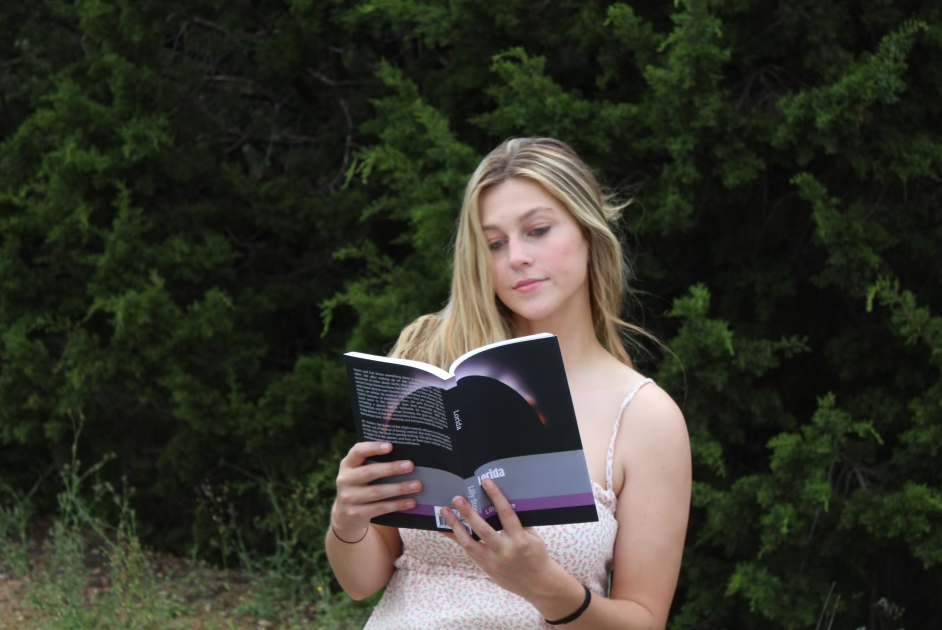
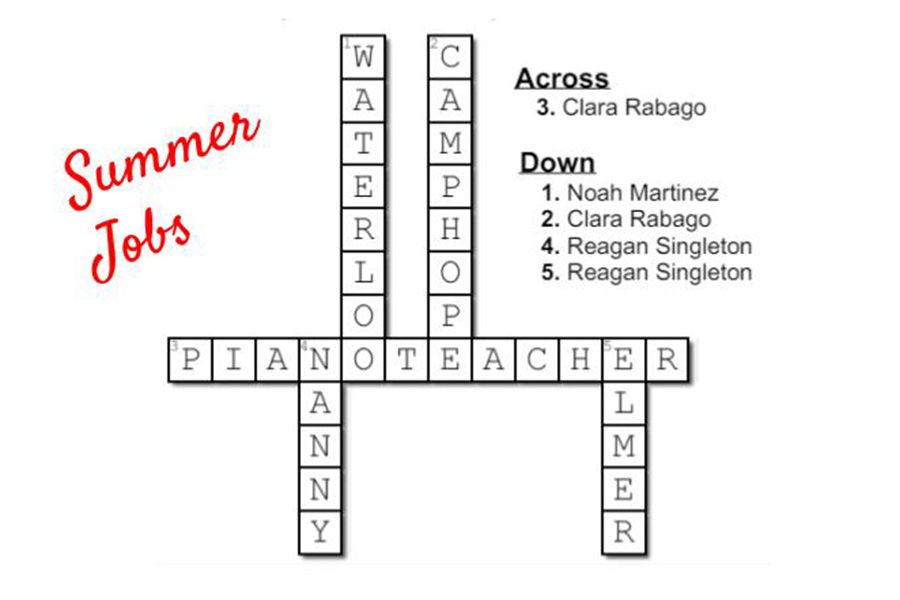
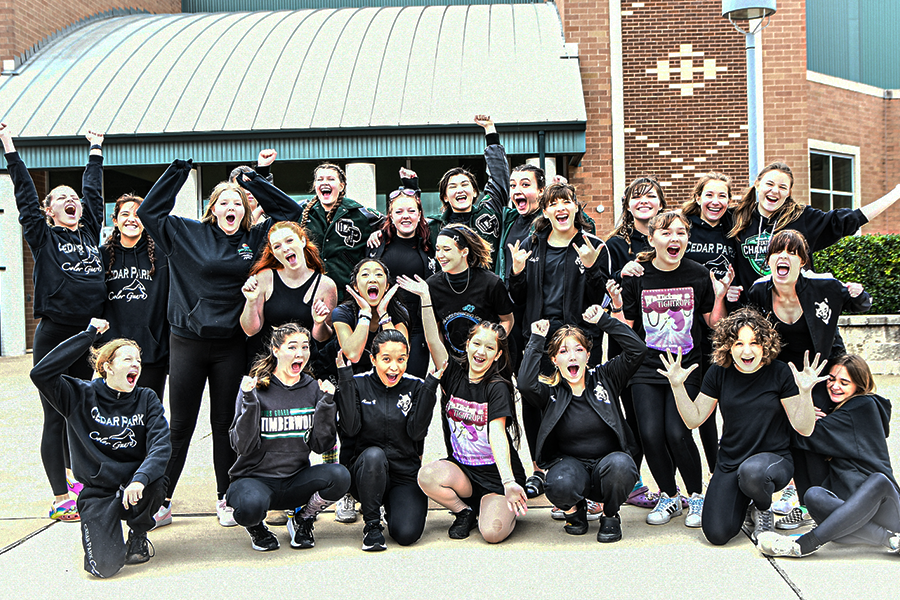
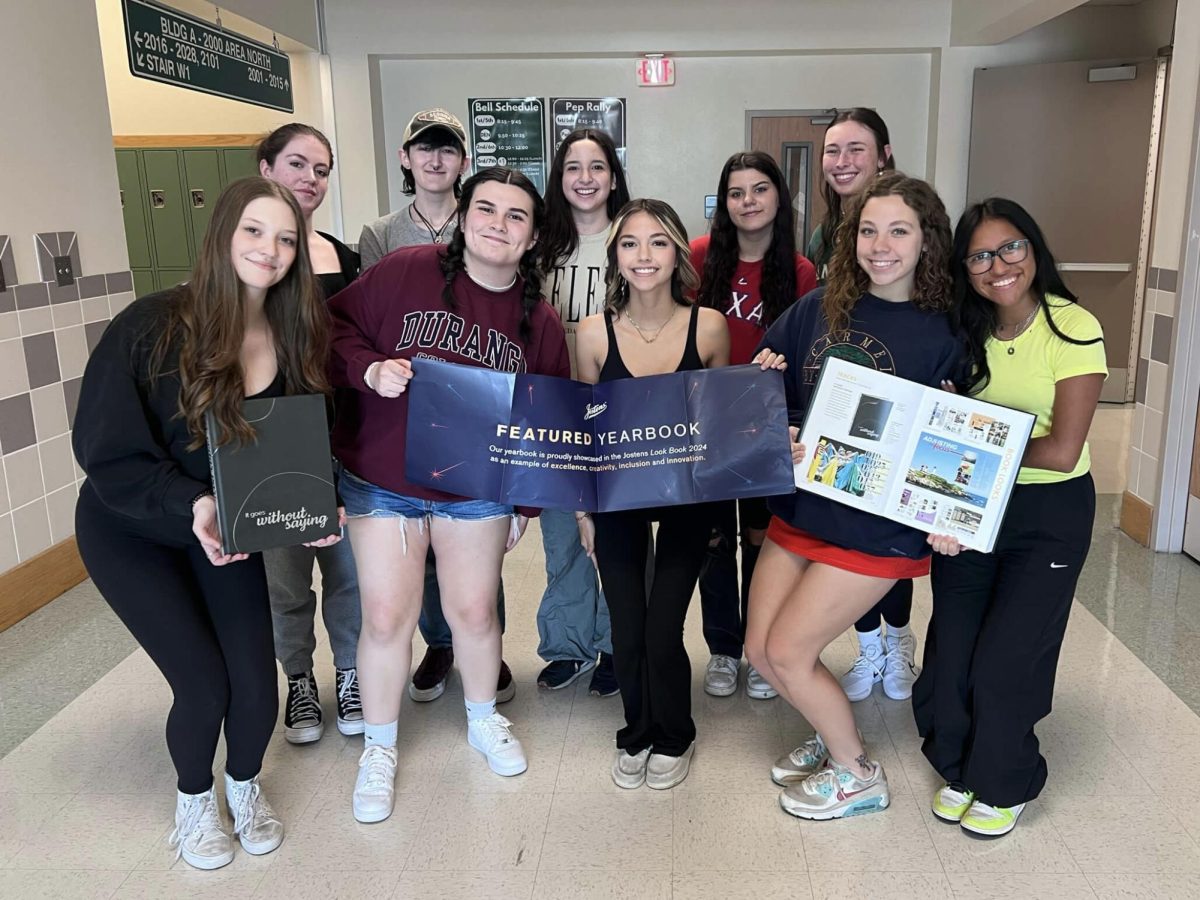

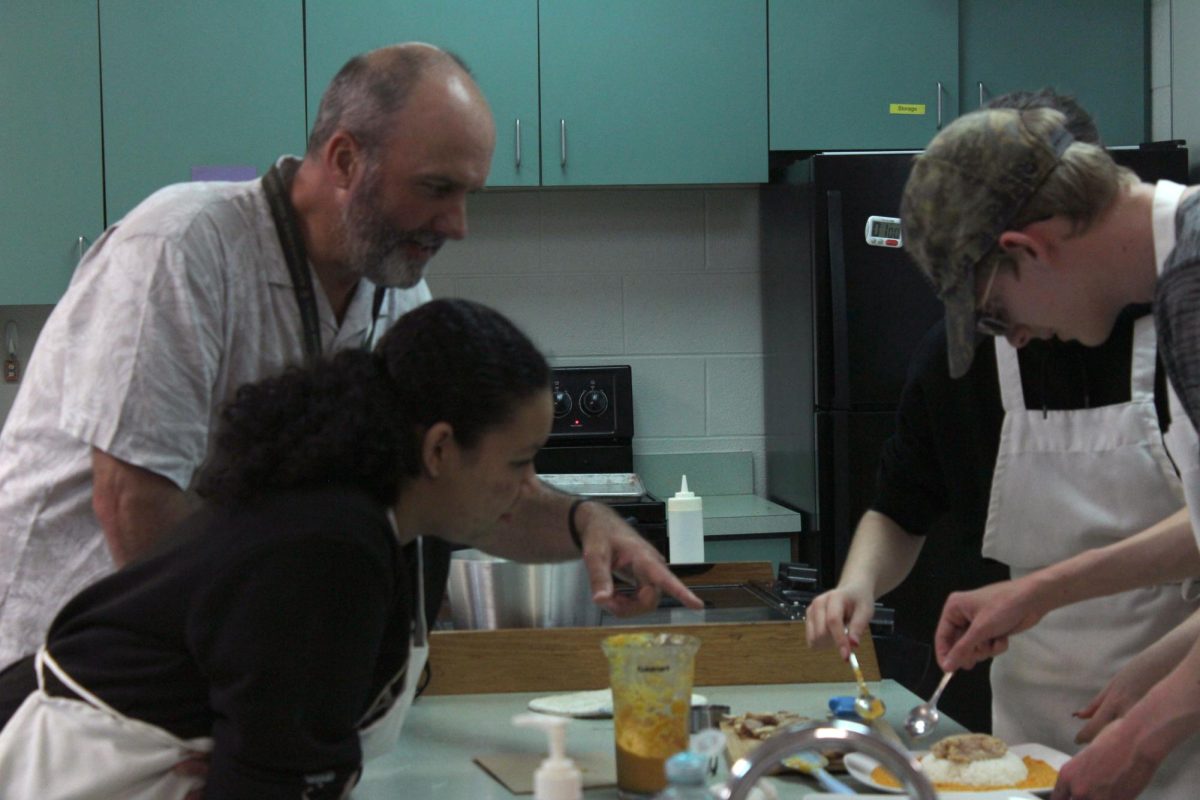
![Parking Lot Attendant Alan Gallagher poses next to his sign notifying that students can no longer purchase parking passes. Students without passes will not be able to park in the school parking lot, and if they do, AP’s will be notified. ““[When I catch people skipping] I notify the students AP and from there Im not sure what happens,” Gallagher said. “[I can also stop people for] speeding through the parking lot [since] the speed limit is 10 mph on campus.”](https://cphswolfpack.com/wp-content/uploads/2024/05/Heidi-1-1200x800.jpg)
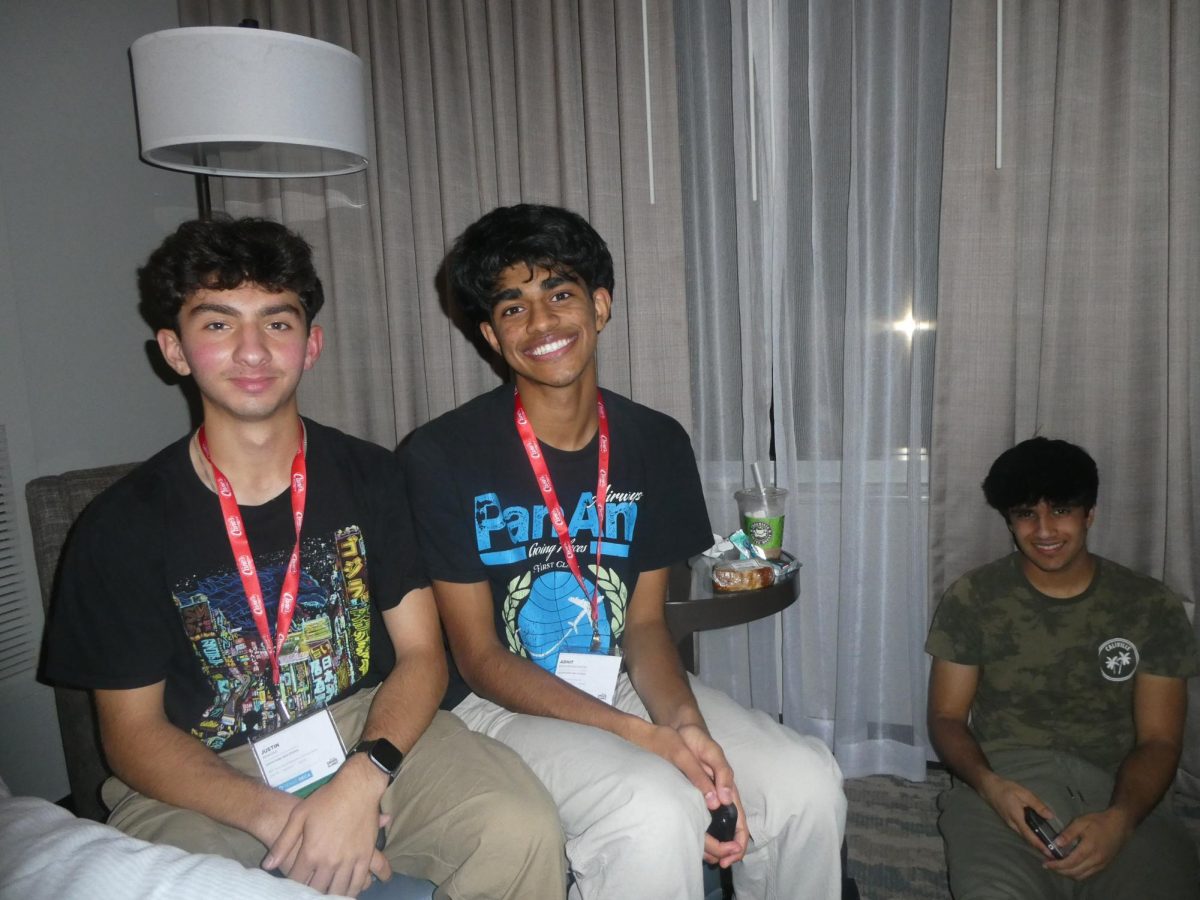
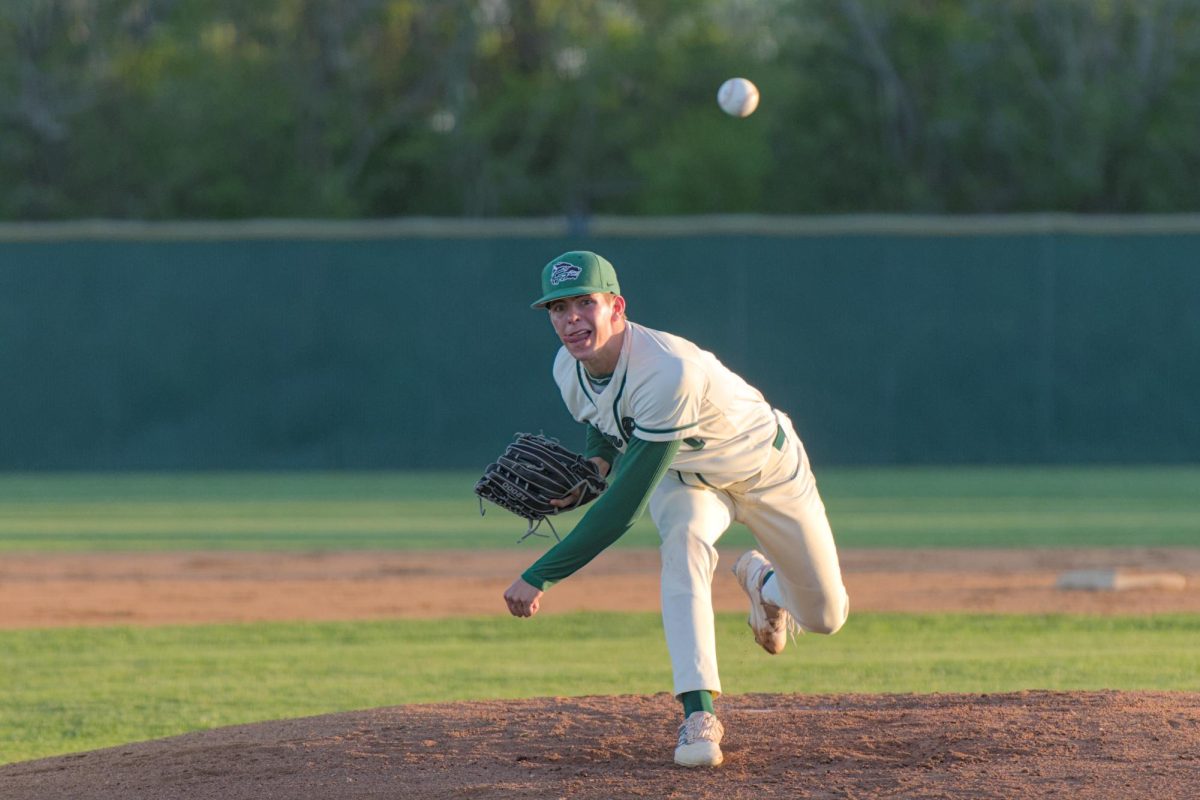
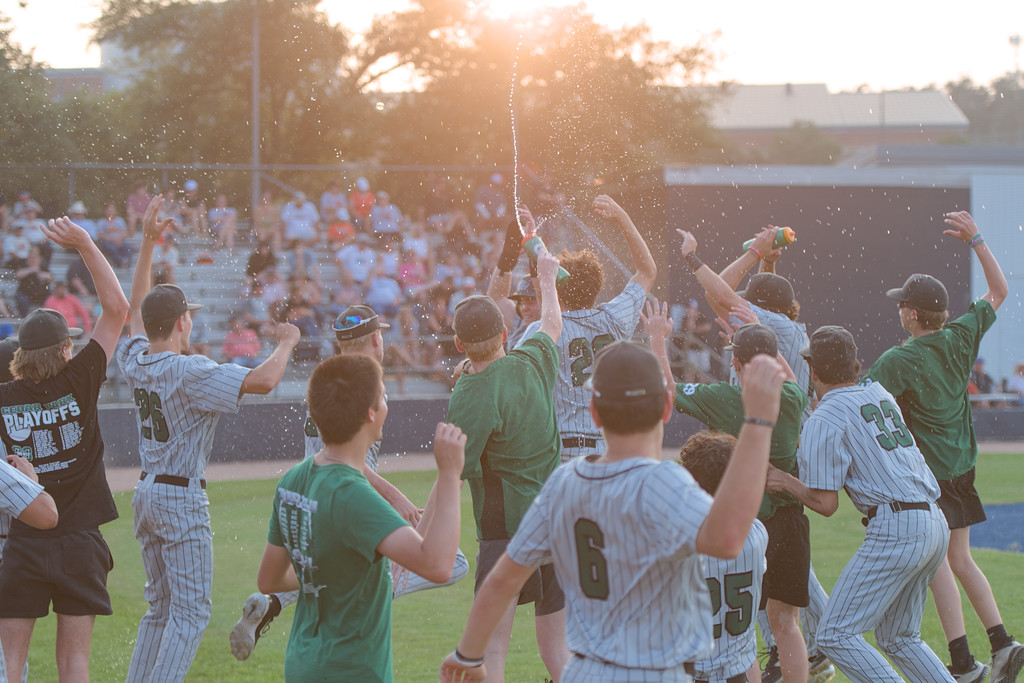
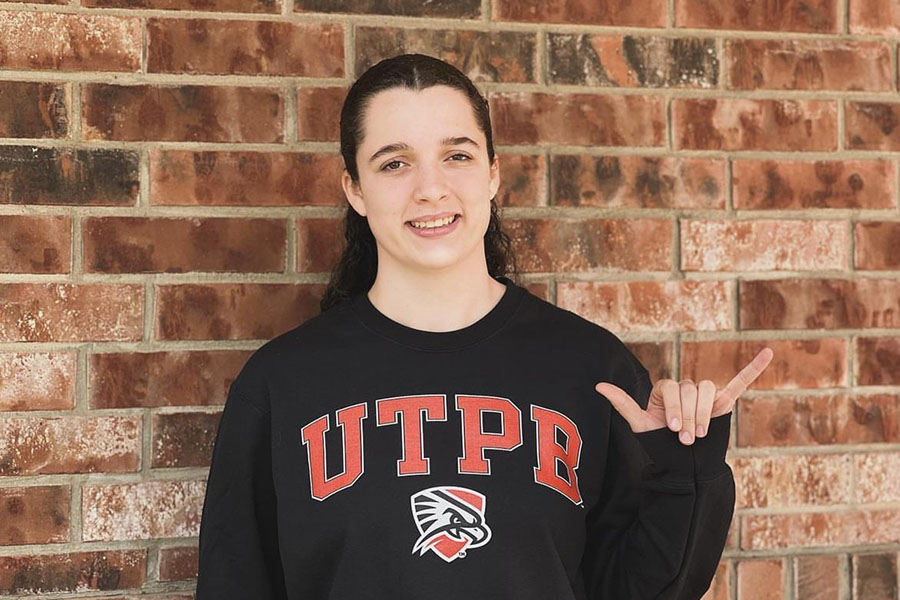
![Catching a ball, junior Alivia Robinson plays at the Cedar Park vs Glenn game. Having played since she was 5 years old, she is dedicated to softball and has committed to UTPB for softball. “When I got my offer it took me a very long time to decide where,” Robinson said. “Softball has always been my dream for college, and UTPB is my fit. When [I committed] I knew I was going to be loved and supported.”](https://cphswolfpack.com/wp-content/uploads/2024/04/Lilly-Adams-3.13aliviaedit-901.jpg)
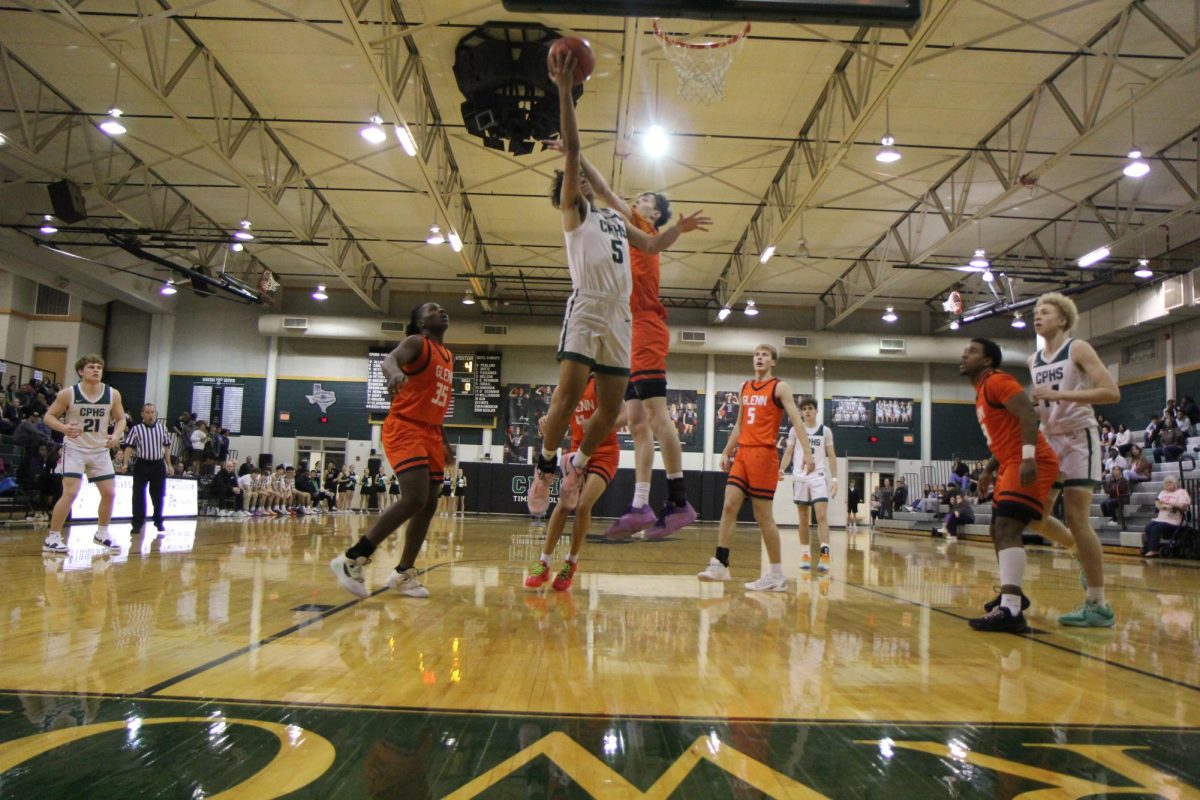
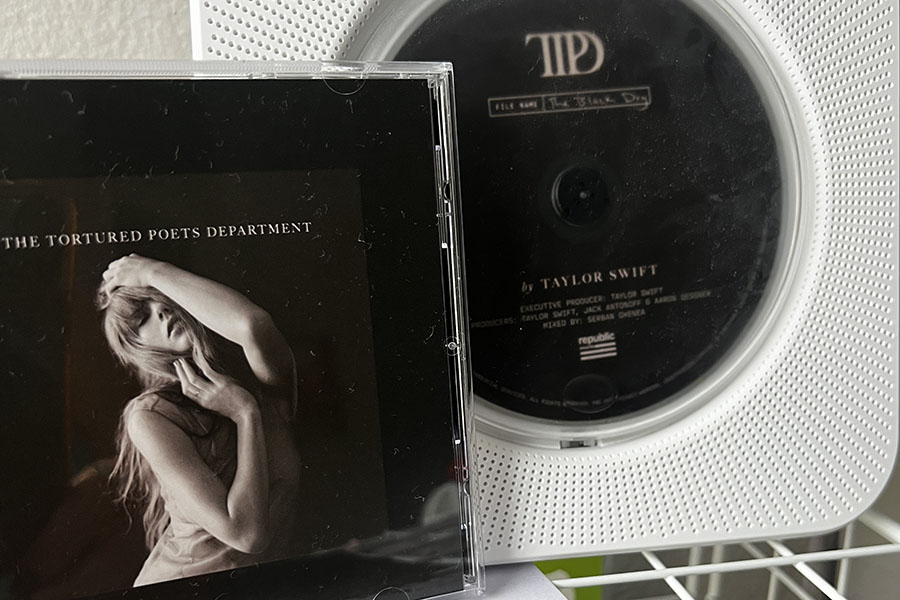
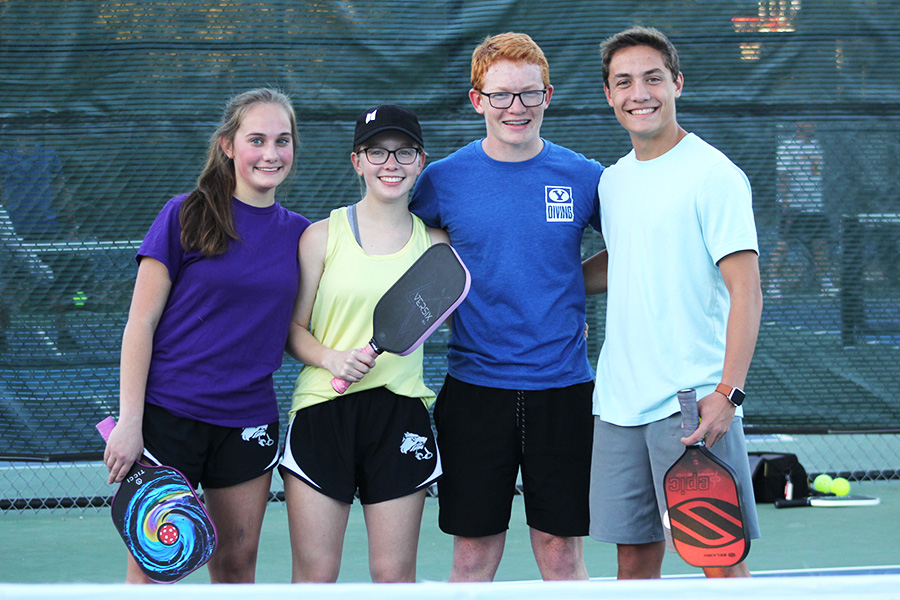
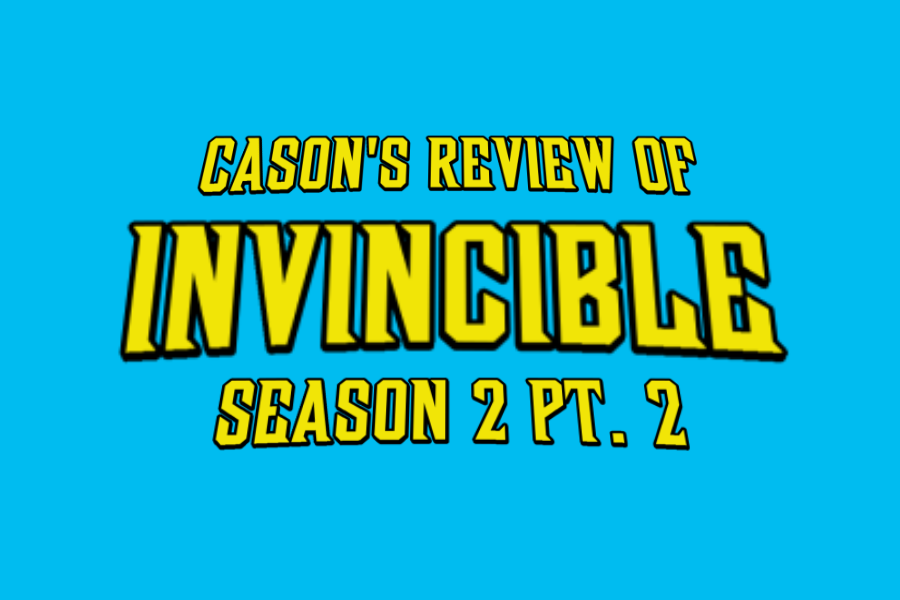
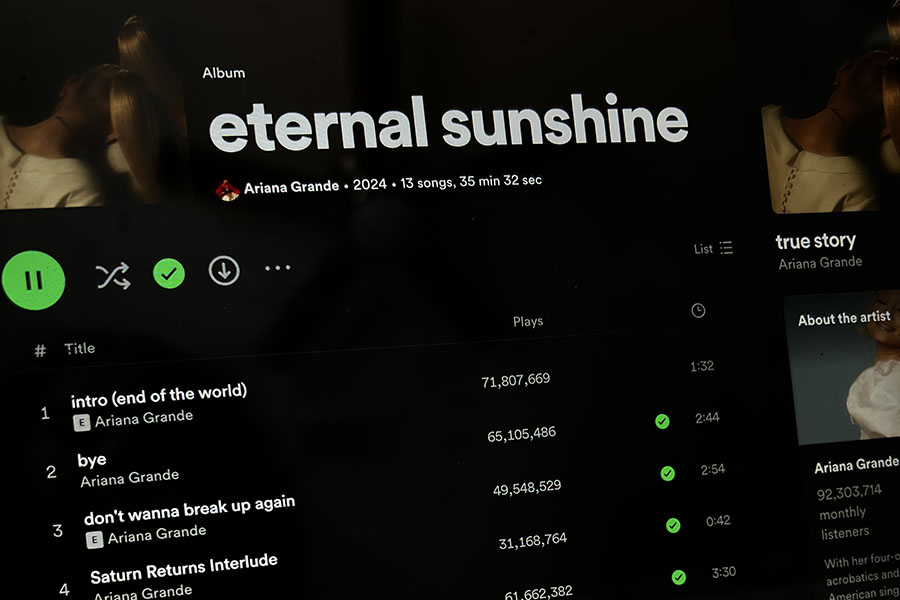

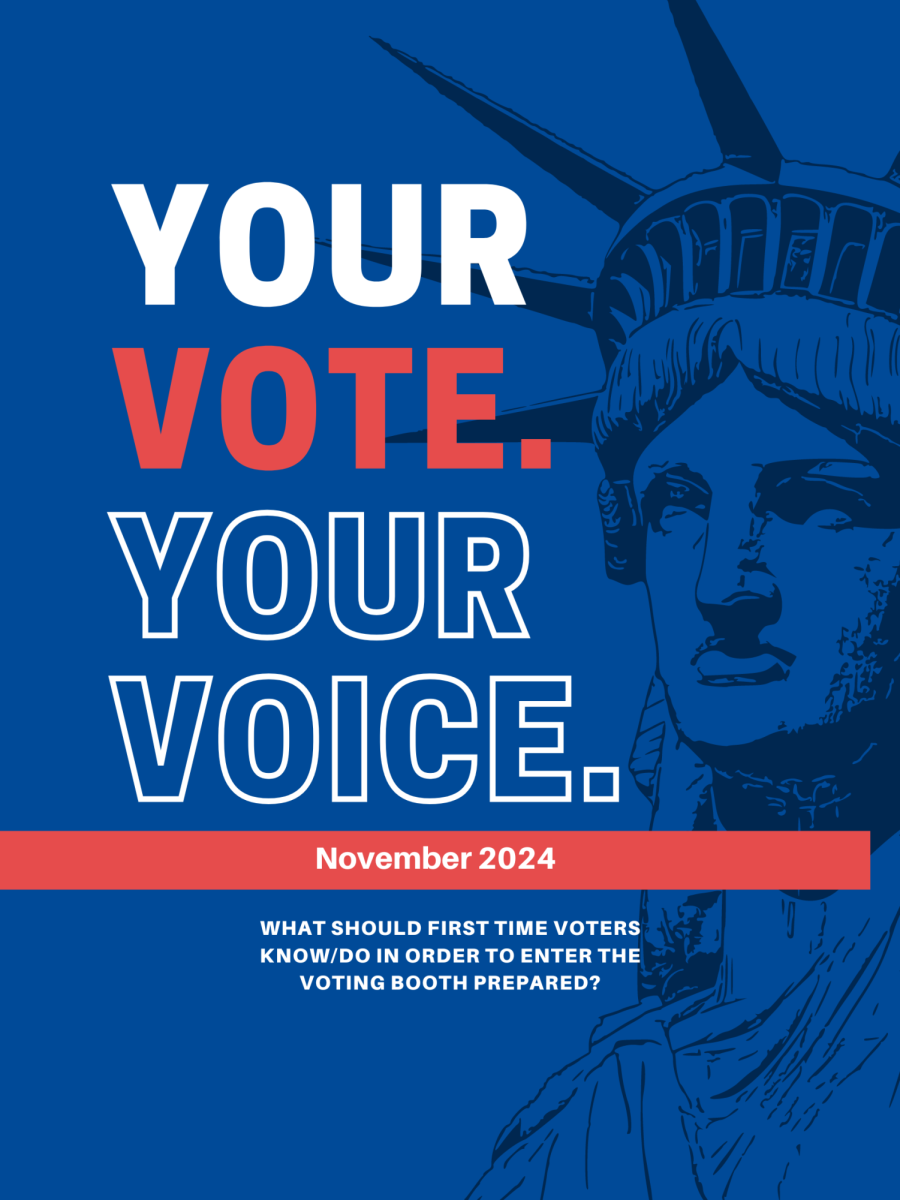

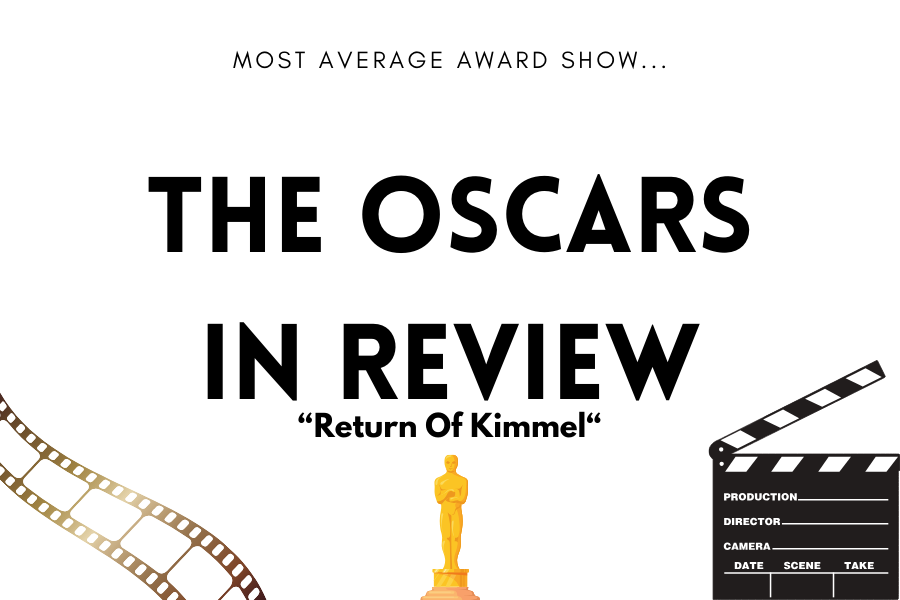
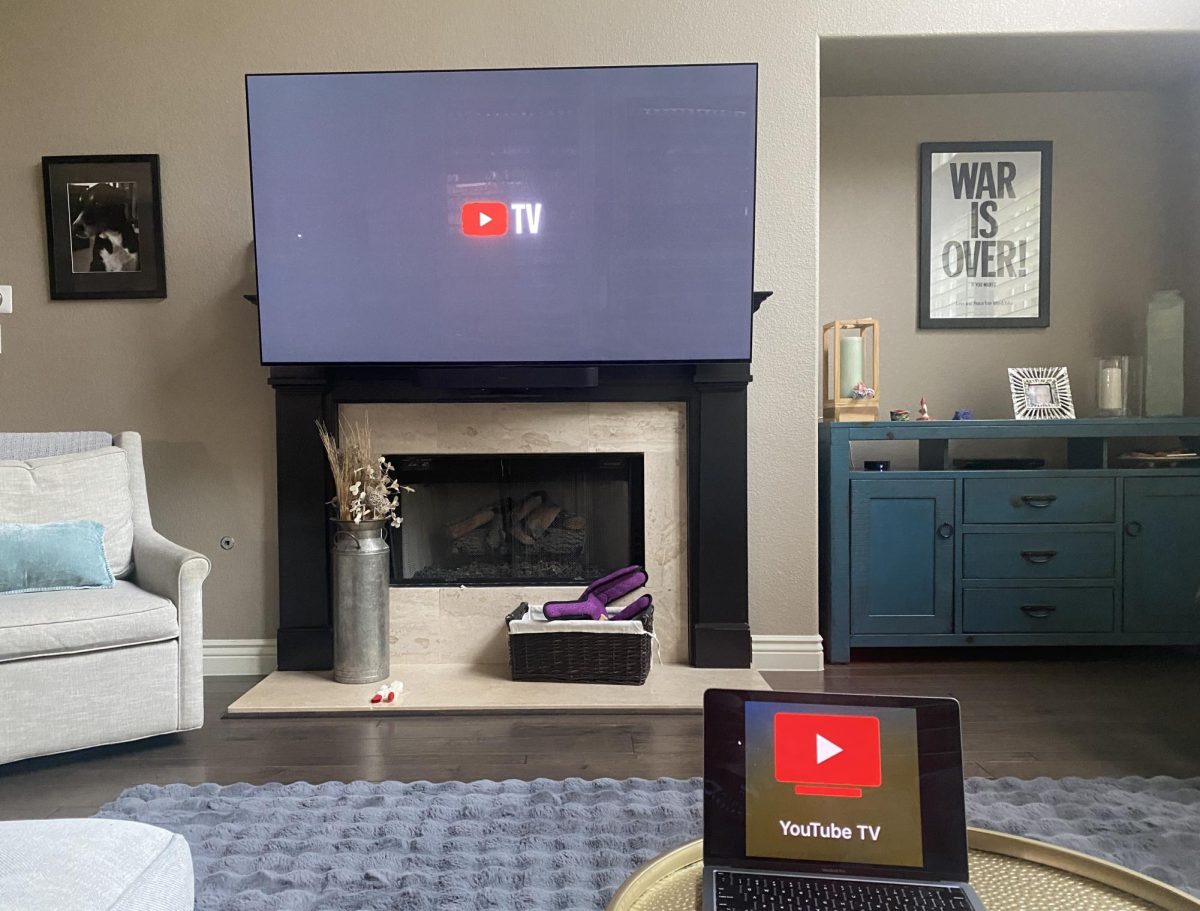




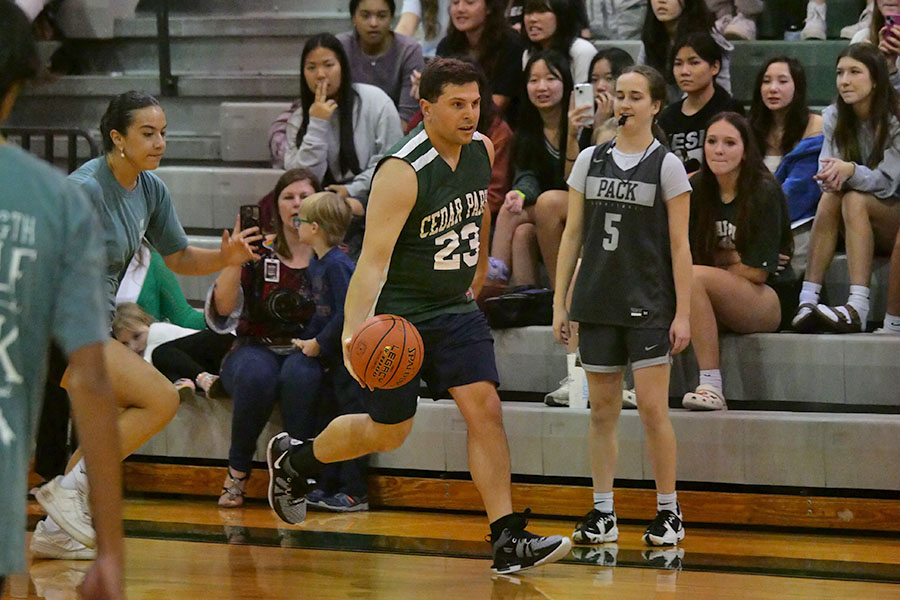


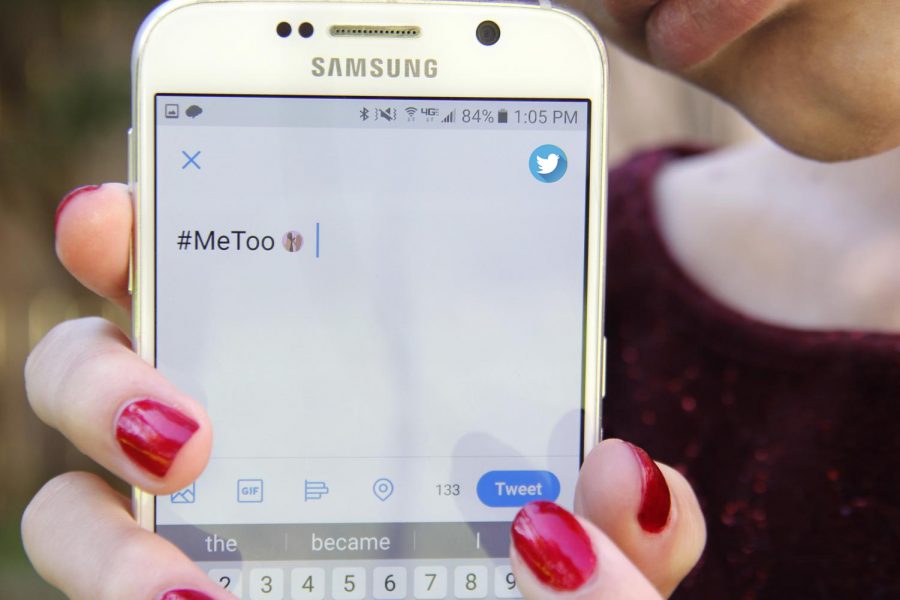
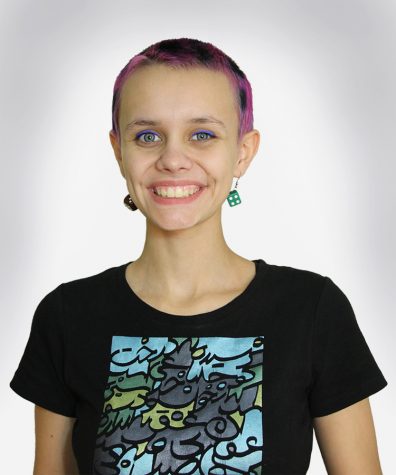

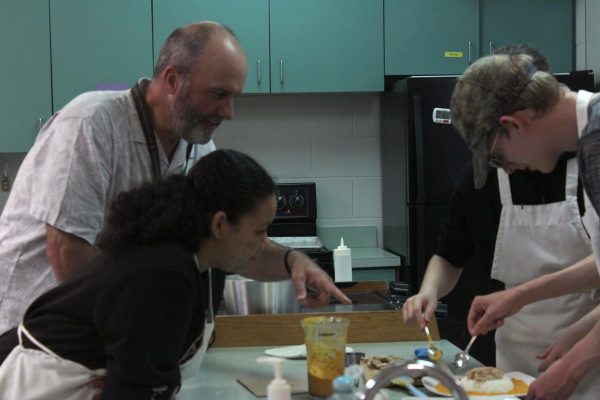

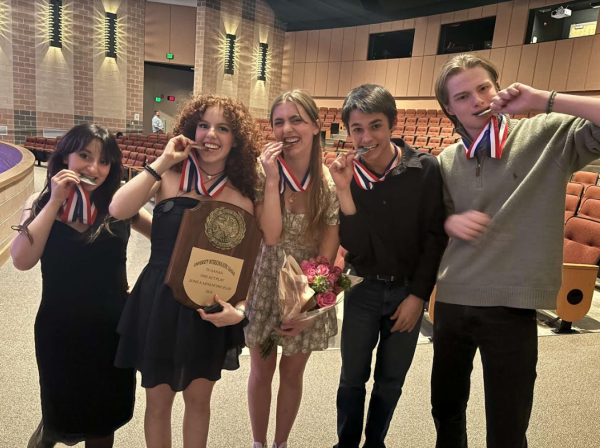
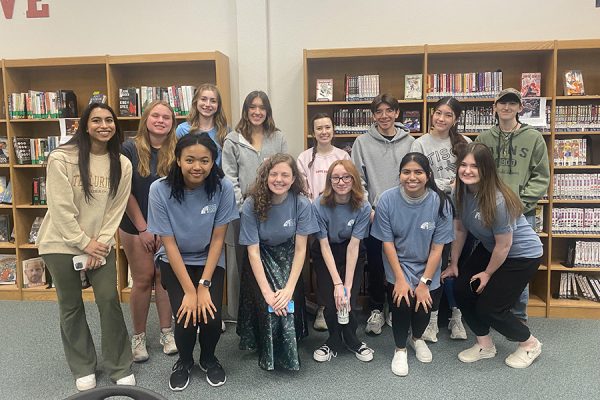
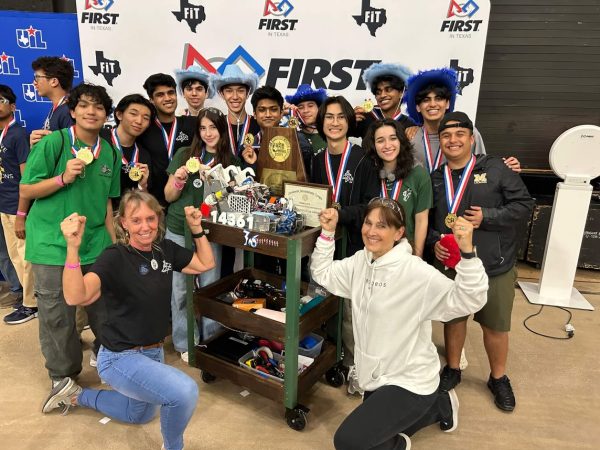
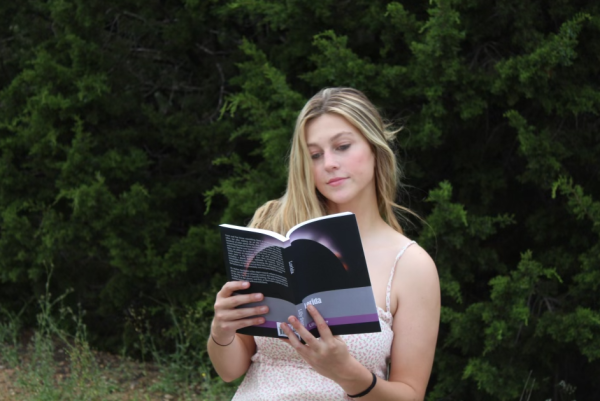
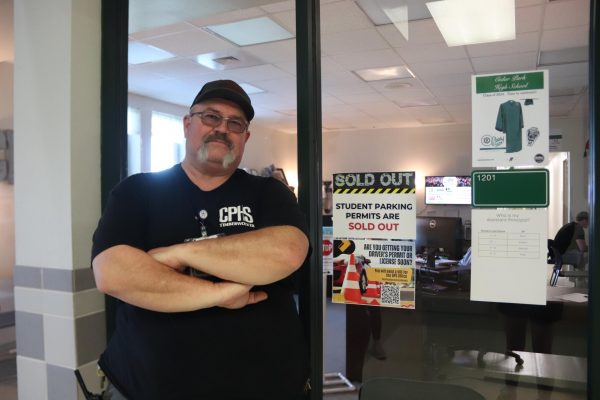



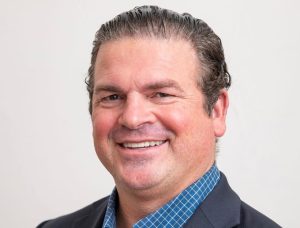


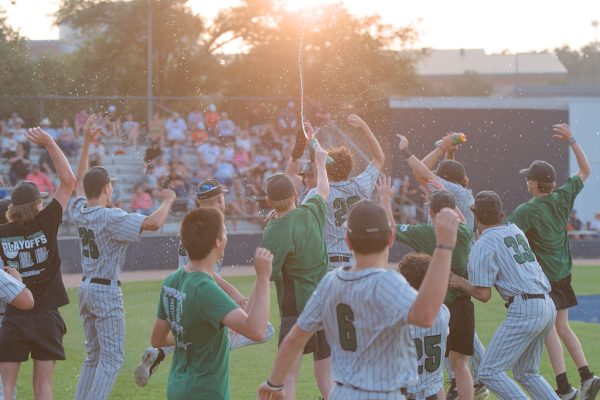
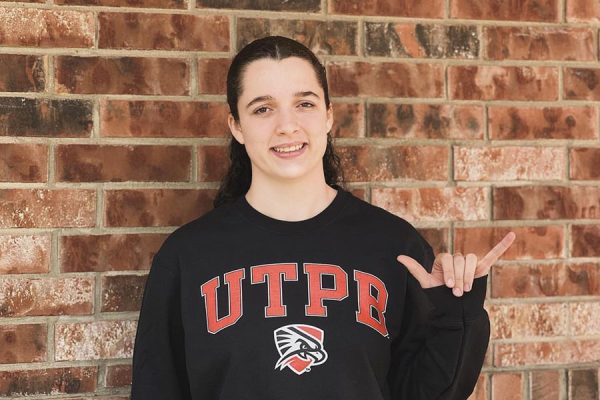
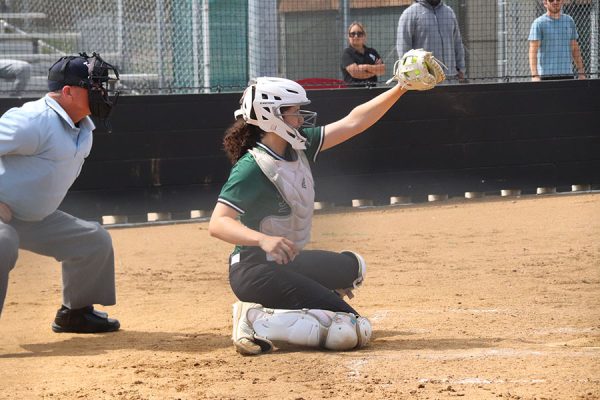
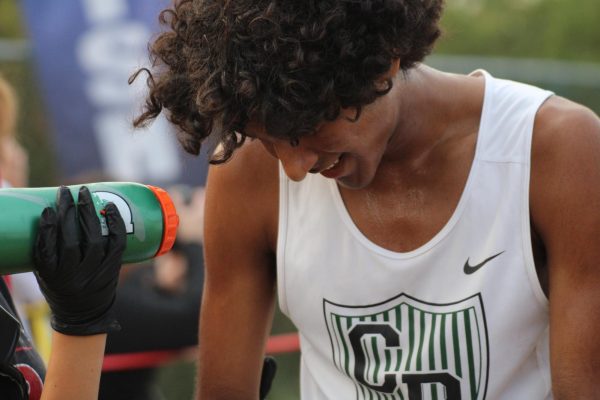
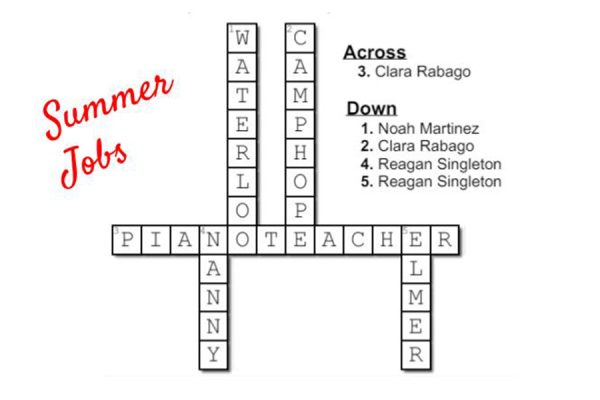
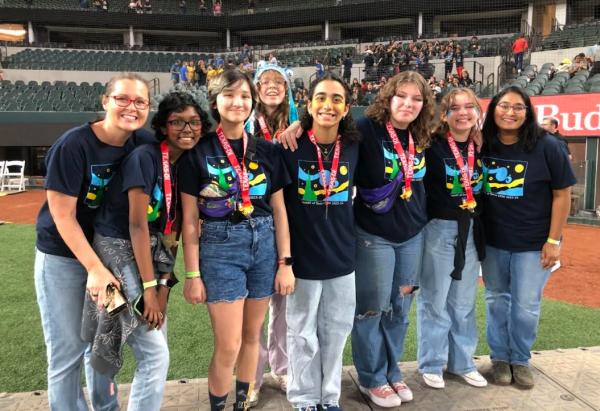
![Smiling for a picture, senior identical twins Ethan and Drew OConnor pose with a statue of a parrot mascot. The twins will both attend the University of Arkansas in the fall and major in business. “I didnt really mind going to different colleges, but we had the same [college] choices,” Ethan said. “We both liked Arkansas, and I dont mind him coming with me. If we cant get [a] rooming situation down, were just going to do a quad together. Which Im kind of down for a quad, because there is more room.” Photo courtesy of Drew O’Connor](https://cphswolfpack.com/wp-content/uploads/2024/05/IMG_7342-488x600.jpg)
![Standing on the drum major’s platform, senior twin sisters Abby and Courtney McDanald pose for a picture. This fall, Abby will attend the University of Texas at Austin to study nursing and Courtney will major in theater education at Stephen F. Austin University. “I was definitely sad about [attending different universities] because weve been so close,” Abby said. “Being that far away from someone for a long time will be hard. We didnt do it on purpose, we just wanted different things in schools. Its definitely sad, but I think itll make seeing her more special.” Photo courtesy of Abby McDanald](https://cphswolfpack.com/wp-content/uploads/2024/05/FullSizeRender-399x600.jpg)

